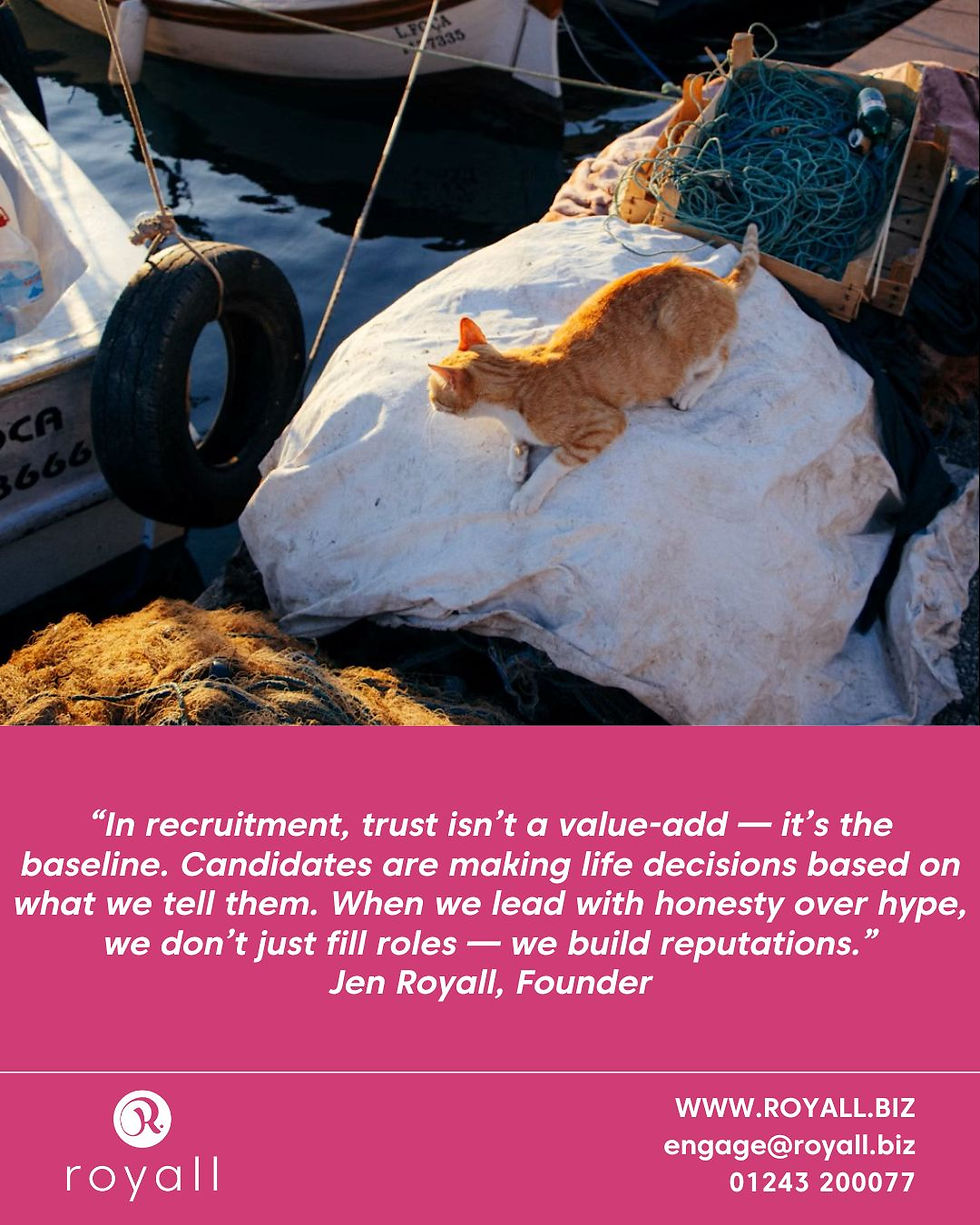The Pros and Cons of the contractor market today.
- polly562
- Jul 18, 2023
- 2 min read

Whilst royall specialise in placing permanent talent within the creative communications and event sector, we often are called upon to introduce freelance, or temporary contractor talent, to meet immediate business needs.
Thus, it is important for us to keep a close watch on this talent sector.
Pre-Covid, the contractor market had seen significant growth, fuelled by advances in technology and the rise of digital platforms that connect contractors with clients. These platforms had made it easier for individuals to find work and for businesses to access a pool of talented workers on demand.
The key benefits of the contractor market have always lain in the flexibility it offers to workers. Contractors can choose when and where they work and can take on as much or as little work as they want. This can be especially appealing to individuals who want to work on their own terms, whether that means setting their own hours, working from home, or pursuing multiple projects at once. Traditionally contractors also enjoyed more lucrative pay, albeit sacrificing the stability of monthly pay checks, paid holidays, pensions, and sick days.
For businesses, the contractor market can provide access to specialised skills and expertise on a short-term or as-needed basis. Instead of hiring full-time employees for every project, businesses can hire contractors with specific skills and experience to complete the work. This can be more cost-effective for businesses, as they only pay for the work that needs to be done and don't have to provide benefits or other perks associated with full-time employment.
Today, in the post-pandemic world, we’re seeing an interesting shift. Rather than more and more workers opting for the flexibility they enjoyed in working from home during the pandemic, and joining the contractor market, we’re seeing increasing numbers of contractors looking for the security of permanent work. The pandemic was stressful, contractors must constantly search for new clients or projects to maintain a steady income, which can be time-consuming, and the thought of surviving another pandemic makes them uneasy.
Uneasy too are hirers of newly converted contractors. Will they stay? Will they be manageable? Will they demand more flexibility than we can offer them?
Our view is to focus on the individual, the skills they bring and the culture you are willing to offer. If you can get those things right, for you and your talent, the right talent will come, and they will stay.
Whether your talent appointments are permanent, freelance or contractors, as best you can, ensure they are onboarded. Provide them with a good background about the company and its goals. Introduce immediate stakeholders whom they will be working and ensure they feel supported in the role they need to perform.
Take special care to check in regularly, ask them how they are. When they exit your business, always ask for feedback, this is how we learn how we as businesses and cultures we can improve. If they excel, create ways in which you can retain them.
If you need any advice on people and, or culture, please do not hesitate to drop me a line, Jen Royall 😊









Comments